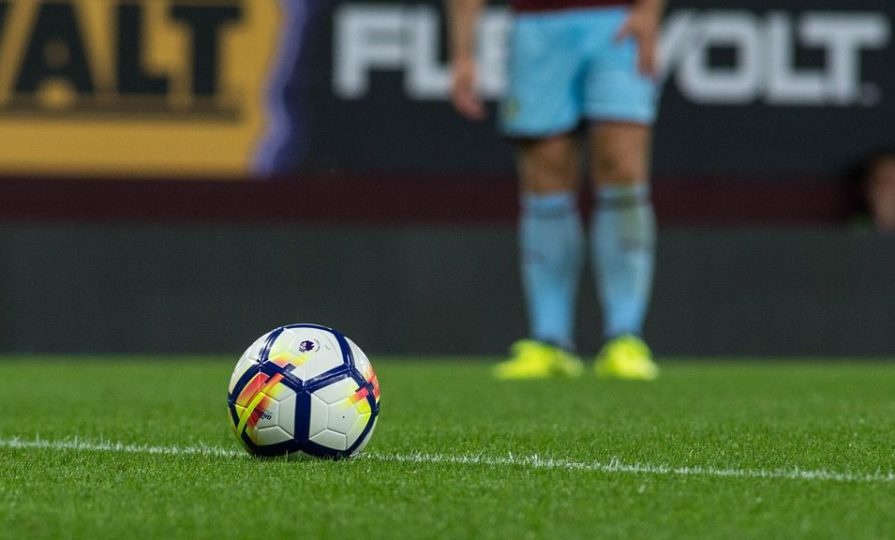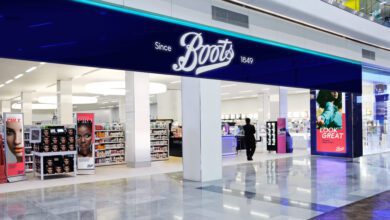How to unlock the power of sponsorships
Retail Sector advises retailers on why they should consider sponsorships and how to get the most out of them

Sponsorships are a way for brands to enhance brand visibility, foster customer loyalty, and drive sales. However, a lot goes into making the right decision on sponsorships. You must decide whether it’s right for you, what types of events or teams best align with your brand identity and what you want to gain from any potential deal.
Why consider it?
One of the main reasons to consider pursuing a sponsorship is that they can significantly boost your brand’s visibility, placing your logo and messaging in front of large, targeted audiences. High-profile events and sports teams often attract substantial media coverage, further amplifying your brand’s reach. Having your brand front and centre can introduce you to a whole new audience.
Sponsoring events or teams that align with your target demographic ensures that your brand message reaches the right people. This makes your decision very important as different events attract a different audience. For example, sponsoring a football team will expose you to a different audience than if you were to sponsor a cricket team as the types of people that follow each of these sports are very different. It provides an opportunity to engage with potential customers in a meaningful way, creating positive associations with your brand.
Sponsorships, especially of local events or teams, can strengthen your relationship with the community, fostering goodwill and loyalty. These can be much lower level sponsorships and much more cost effective. Sponsoring a local sports team or a local event can be a good way to show off your brand in a small setting but could potentially drive much more loyalty.
Evaluating opportunities
The first thing to consider when deciding on a sponsorship is brand alignment and audience fit. Whatever event or team you are sponsoring must have relevance to your brand or product. For example, it would not be much use to advertise products aimed at women in a majority male market.
You should also look for natural connections between your brand and whatever you are sponsoring. Sponsoring a tech event if you sell electricals would be a good example of synergy in a sponsorship.
Next you should be considering the visibility and exposure that your sponsorship will get. There is a big difference between being the main sponsor of something and a smaller sponsor. This can be evened out by the size of the event or team however. It could be the case that having a small sponsorship on a massive music festival or big international sports team could net you more exposure than being the title sponsor for a regional event.
You must also consider media coverage. By agreeing to a good sponsorship opportunity you have the opportunity to gain a lot of exposure indirectly through media coverage. For example, if you sponsor a Premier League team your brand will be seen by millions around the world on TV and through social media, potentially offering you more exposure than any advertising campaign could give you.
Financial considerations and ROI
The absolute first step in any sponsorship decision is to determine whether the sponsorship fits within your marketing budget, considering all associated costs, including activation and promotion. Many sponsorships will require you to turn up to certain events or provide services to events all of which comes at a cost.
As a result of this you must forecast the potential returns ahead of time. You must include obvious returns like how much revenue it will drive and how many more customers you expect to get but also softer benefits that may not be initially obvious like increased brand consciousness and customer loyalty. You should develop a number of metrics internally which will help you measure your success and help inform any future sponsorship decisions.
Due diligence
Arguably the most important thing in any sponsorship decision is the legal and contractual considerations. You must conduct a thorough legal review of any sponsorship agreements to protect your brand’s interests and ensure clarity in terms and conditions. A bad contract can be detrimental to any brand. You must leave yourself the ability to terminate the deal should it not line up with expectations.
You should also research the reputation and past performance of the event organiser or sports team. You should be aware of the values of the team or event and how that will reflect on your brand. The last thing you want is your company name being associated with anything unsavoury. You should also consider how the potential team or event has treated previous sponsors. If they have a history of failing sponsors then that should be a big obstacle to any agreement.
Negotiation and customisation
When it comes to actually making a deal you should negotiate sponsorship packages to align with your specific marketing goals and budget constraints. You should be looking to customise your deal to benefit your company the most. A deal that works for one brand may not work for another and therefore it should be of paramount importance.
Alongside this you should develop a detailed activation plan to leverage the sponsorship effectively. One of the best times to leverage the sponsorship is at the beginning when there is a lot of interest and coverage around it. This could include pre-event promotions, on-site engagement activities, and post-event follow-ups.







